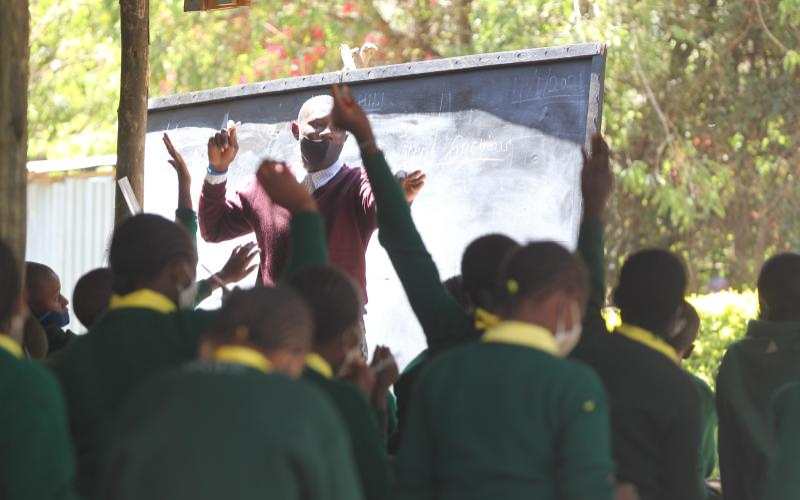×
The Standard e-Paper
Join Thousands Daily

The reopening of schools should be lauded. Initially, the government set January 1, 2021, for reopening, but following a decline in the number of Covid-19 infections, there was partial reopening in October 2020.
There have been mixed feelings after schools reopened. Some stakeholders fear that schools could be new breeding grounds for Covid-19, while others say they have no money. Social media has been awash with communication demonstrating that parents “ate” school fees.